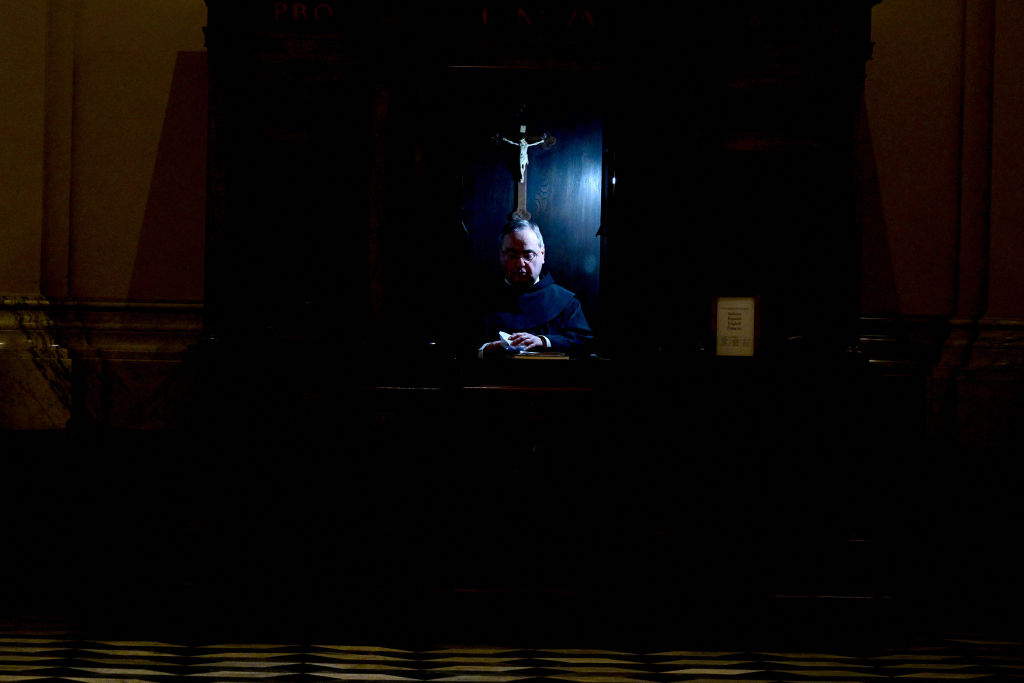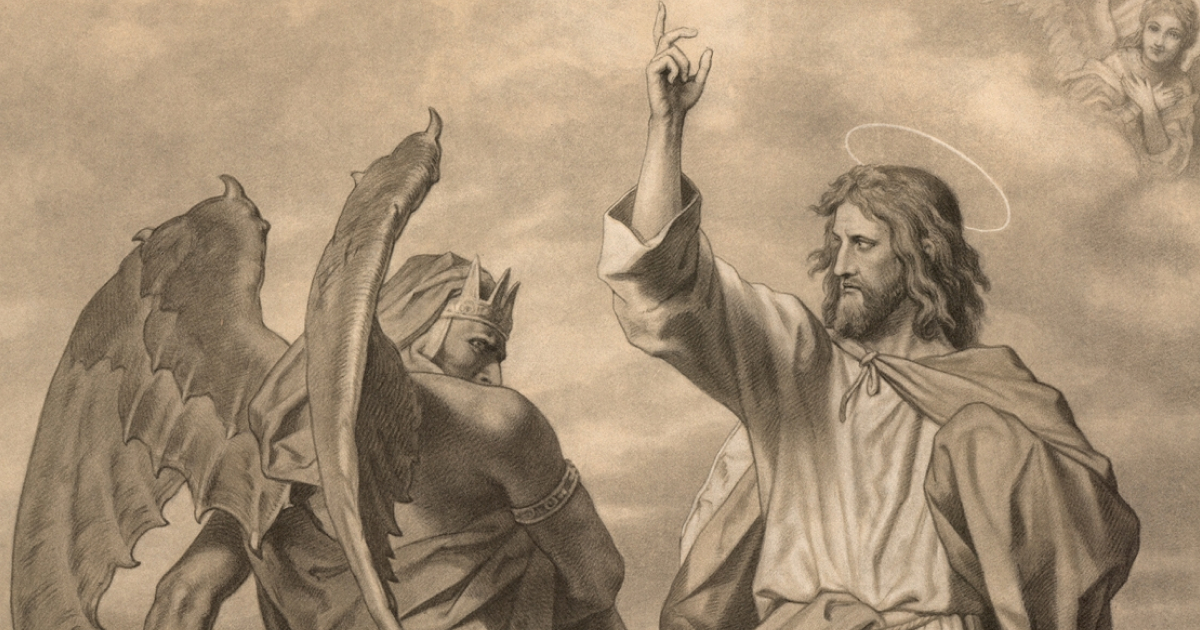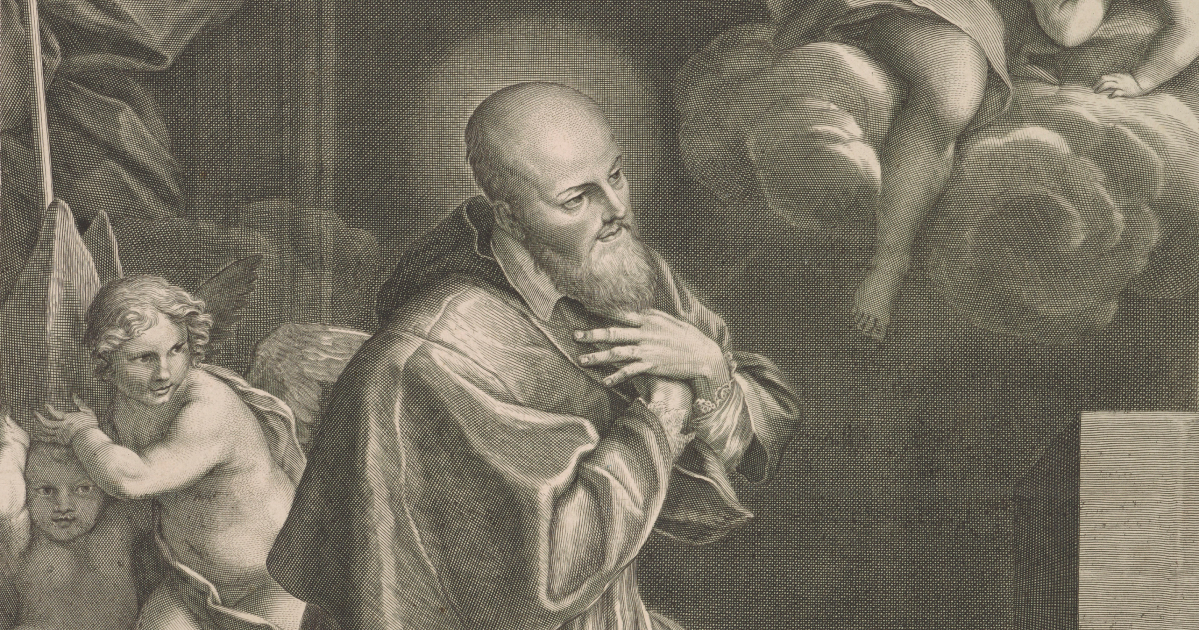Officials in Washington State have agreed to abandon a controversial plan that would have compelled Catholic priests to report information learned under the seal of Confession as part of the state’s mandatory child abuse reporting law.
A joint filing made in a federal district court on 10 October confirmed that the state and local prosecutors would no longer seek to compel clergy to break the confidentiality of the confessional.
The agreement followed months of legal battles after lawmakers passed Senate Bill 5375 earlier this year, adding clergy to the list of mandatory reporters but omitting an exemption for information revealed in sacramental Confession.
The measure, signed into law by Governor Robert Ferguson, was immediately challenged in court by the state’s Catholic bishops and other religious groups, who argued that the legislation violated constitutional protections for the free exercise of religion.
In July, District Judge David Estudillo ruled that the law placed an unlawful burden on clergy, noting that it forced priests into an impossible position of “either complying with the requirements of their faith or violating the law”.
The ruling blocked enforcement of the law pending appeal, but the latest filing by the state attorney general’s office confirms that the government will not pursue further attempts to enforce the measure against priests.
Attorney General Nick Brown said the agreement “respects the court’s decision and maintains important protections for children”, while preserving the legislature’s right to address any future revisions.
Under the new stipulations, clergy remain mandatory reporters in all other circumstances, but they will not be prosecuted for withholding information heard solely in the confessional or in its equivalent in other faiths.
The Becket Fund for Religious Liberty, which represented the Catholic bishops, said in a press release that Washington had been right to “walk away from this draconian law” and restore protections for the sacrament.
The Washington State Catholic Conference welcomed the agreement, noting that Church leaders had consistently supported efforts to strengthen safeguards for children but had sought only a narrow exemption to preserve the sacrament.
“In every other setting other than the confessional, the Church has long supported – and continues to support – mandatory reporting,” the conference said.
The now-withdrawn law had provoked widespread criticism both within and beyond the Catholic Church. Bishop Robert Barron of Winona-Rochester had warned in a supporting legal brief that the legislation represented a grave misunderstanding of the seal of Confession, which he described as a sacred trust between the penitent and God.
The seal of Confession is among the Church’s most absolute Dogmas, with priests bound under penalty of excommunication never to disclose what they hear during the sacrament of penance.
Canon 21 of the Fourth Council of the Lateran (1215), binding on the whole Church, laid down the obligation of secrecy of Confession. This principle, dating back more than a millennium, has been recognised in civil law in many jurisdictions.
Photo: A priest waits in a Confession booth in Saint John Lateran archbasilica in Rome, 23 February 2025. (Photo by TIZIANA FABI/AFP via Getty Images.)

















